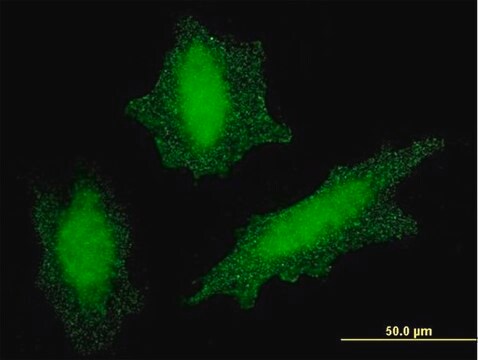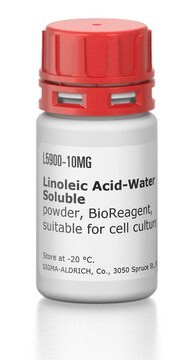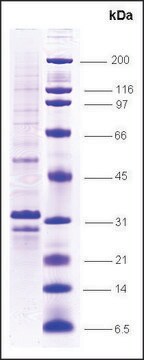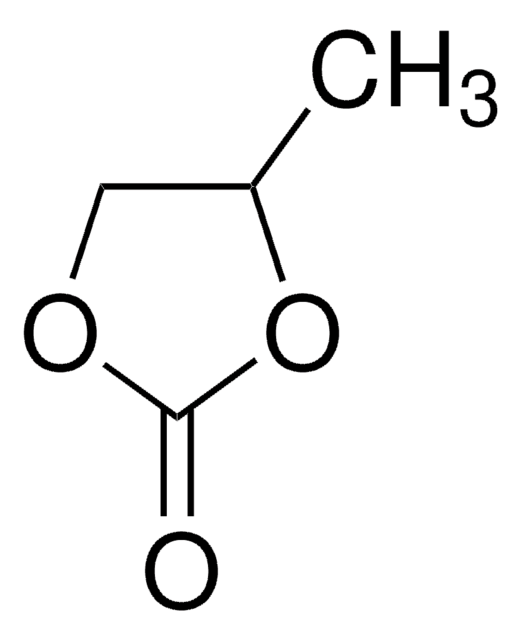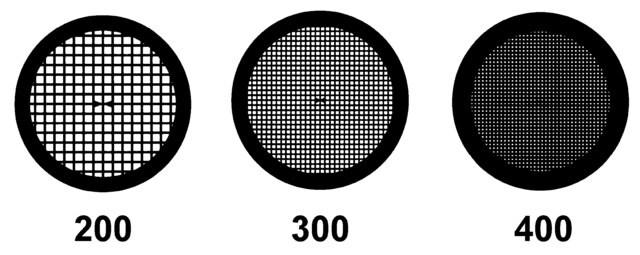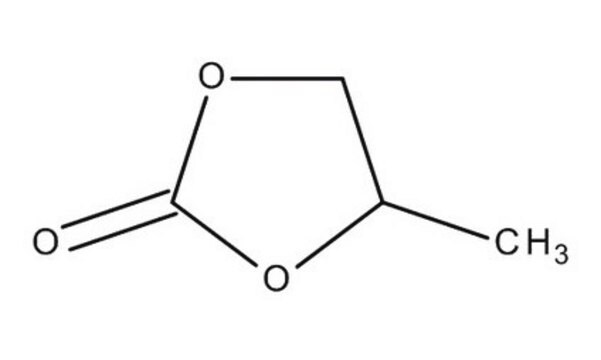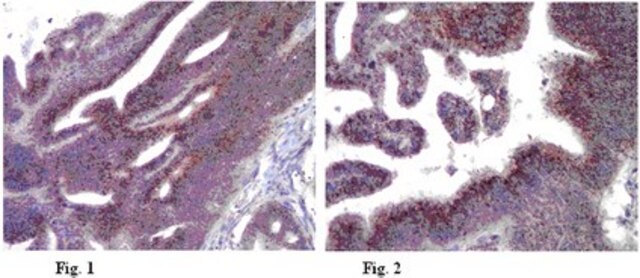MABC14
Anti-VHL Antibody, clone 11E12
clone 11E12, from mouse
Sinónimos:
von Hippel-Lindau disease tumor suppressor, Protein G7, elongin binding protein, von Hippel-Lindau syndrome, pVHL
About This Item
Productos recomendados
origen biológico
mouse
Nivel de calidad
forma del anticuerpo
purified antibody
tipo de anticuerpo
primary antibodies
clon
11E12, monoclonal
reactividad de especies
human, mouse
técnicas
immunoprecipitation (IP): suitable
western blot: suitable
isotipo
IgG1κ
Nº de acceso NCBI
Nº de acceso UniProt
Condiciones de envío
wet ice
modificación del objetivo postraduccional
unmodified
Información sobre el gen
human ... VHL(7428)
Descripción general
Inmunógeno
Aplicación
Apoptosis & Cancer
Signaling
Tumor Markers
Ubiquitin & Ubiquitin Metabolism
Calidad
Western Blot Analysis: 1 µg/mL of the antibody detected VHL in 10 µg of mouse fetal brain tissue lysate.
Descripción de destino
Forma física
Almacenamiento y estabilidad
Nota de análisis
Mouse fetal brain tissue lysate
Otras notas
Cláusula de descargo de responsabilidad
¿No encuentra el producto adecuado?
Pruebe nuestro Herramienta de selección de productos.
Código de clase de almacenamiento
12 - Non Combustible Liquids
Clase de riesgo para el agua (WGK)
WGK 1
Punto de inflamabilidad (°F)
Not applicable
Punto de inflamabilidad (°C)
Not applicable
Certificados de análisis (COA)
Busque Certificados de análisis (COA) introduciendo el número de lote del producto. Los números de lote se encuentran en la etiqueta del producto después de las palabras «Lot» o «Batch»
¿Ya tiene este producto?
Encuentre la documentación para los productos que ha comprado recientemente en la Biblioteca de documentos.
Nuestro equipo de científicos tiene experiencia en todas las áreas de investigación: Ciencias de la vida, Ciencia de los materiales, Síntesis química, Cromatografía, Analítica y muchas otras.
Póngase en contacto con el Servicio técnico